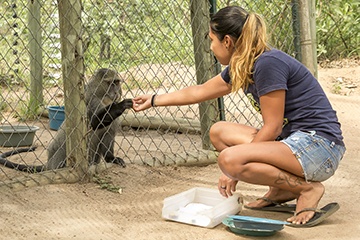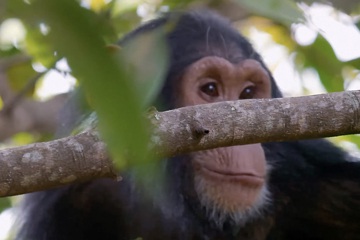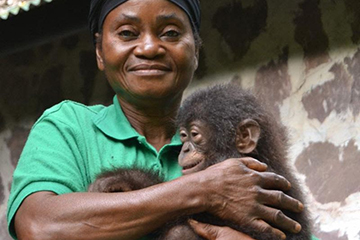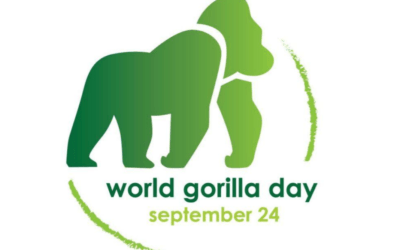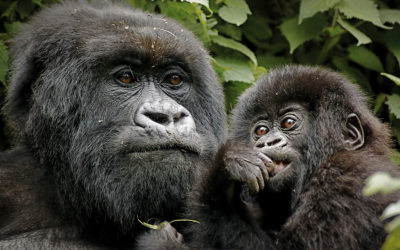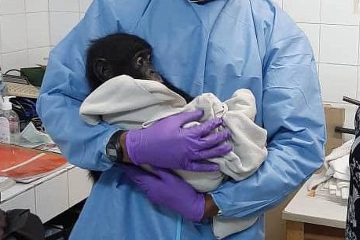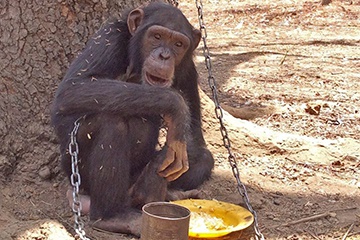Protecting Primates in the Democratic Republic of Congo
By Natasha Tworoski
The Democratic Republic of Congo is home to three PASA sanctuaries: Lola ya Bonobo, JACK (Jeunes Animaux Confisques au Katanga) and the Centre de Rehabilitation des Primates de Lwiro (CRPL).
Lola ya Bonobo is the world’s only orphaned bonobo sanctuary and was formed in 1994 when violence was just on the brink of starting again in the DRC. Founder Claudine Andre took on the presumed impossible task of raising infant bonobos, a task that had never been successfully achieved before, and did it while literally dodging bullets. The sanctuary now is home to 75 bonobos and has successfully returned a group to the wild. They will be releasing a second community of bonobos back to the wild within the year. Bonobos are an ape species found only in the DRC.
JACK is a chimpanzee sanctuary located in Lumbumbashi in the southeastern region of DRC. Started in 2006, they have rescued 45 confiscated chimpanzees. 40% of surviving chimpanzees, an endangered species, occur in the DRC and both the bushmeat trade and the pet trade are a constant threat. Focusing efforts on poaching has to be worth it for a country with so many other problems. Additionally, law enforcement must have an establishment with experienced caretakers in order for these animals to have a chance. JACK has provided just this for chimpanzees.
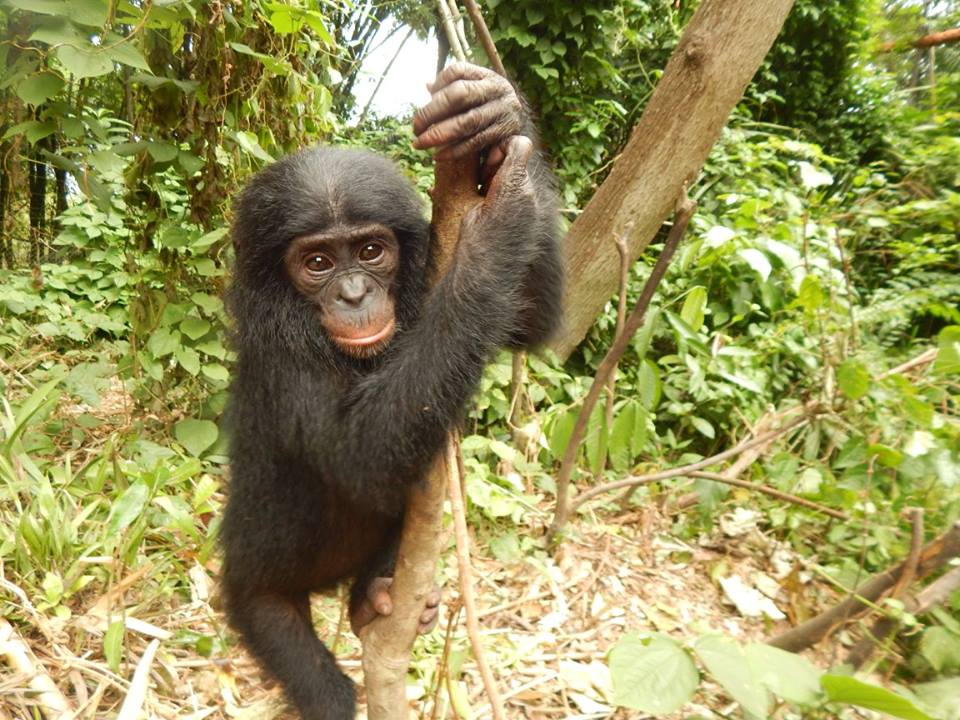
An orphaned bonobo at Lola ya Bonobo
The Centre de Rehabilitation des Primates de Lwiro is a primate sanctuary created in 2002, during the final years of Africa’s World War when poaching was skyrocketing. CRPL gives a second chance to chimpanzees, 11 species of monkeys, parrots, turtles, hyrax and porcupine. All are victims of poaching and the pet trade. With an impressive education program, they reach over 3,000 people per year and are developing a reintroduction program in order return animals to the wild.
In many African countries, it is considered taboo to eat great apes, so traps set are actually directed towards smaller species. While traps such as these (e.g. snare traps) still pose a great threat to apes as well, DRC is unique in that local beliefs and witchcraft believe consuming certain parts of great apes are medicinally beneficial and so they are directly hunted. Add to this the ever growing demand for baby apes and the future appears uncertain. Incredibly, three PASA sanctuaries are defying the odds by not only rescuing orphaned apes, but also educating the public and working with local law enforcement to protect the beauty and diversity found in this incredible place. Now more than ever, they need our support. Please consider donating to these heroes for wildlife.
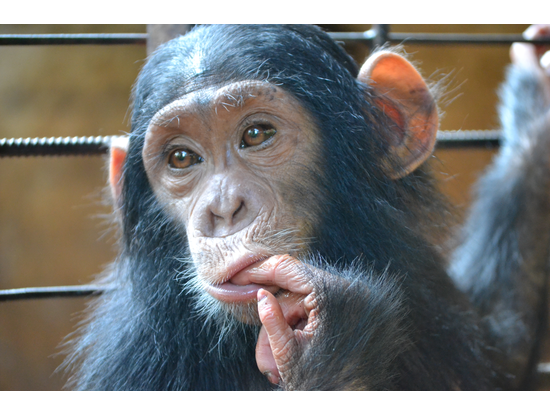
A young chimpanzee who was rescued by Lwiro
Next Posts
Primates and Tourism: How to Be a Responsible Primate Tourist
Planning your post-pandemic travel? Visiting your favorite primate species can be a great way to contribute to their conservation while having an amazing experience.
The PASA Interview: Richard Reens
Compassion, Care and Love: The Story of Making the Film Pant Hoot
The PASA Interview: Adams Cassinga
The founder of Conserv Congo shares how his team of passionate, unpaid investigators gets results in bringing wildlife criminals to justice.
2020 – A Year Like No Other
PASA and our member sanctuaries continue working tirelessly during pandemic.
Changing Lives for Twenty Years – Part II
This is the second installment of our blog series celebrating the many lives that have been transformed through the life-saving care provided by PASA members.
World Gorilla Day
September 24 marks World Gorilla Day! This day is an opportunity to celebrate gorillas and take action to protect these remarkable African great apes …
The Success of Mountain Gorilla Conservation and the Status of all Gorilla Subspecies
At the end of 2019, primate lovers rejoiced at the results of the mountain gorilla census that spanned their native range of Uganda, Rwanda and the Democratic Republic of Congo…
Changing Lives for Twenty Years
As PASA celebrates 20 years of saving Africa’s primates, let’s look back on some of the most memorable characters we’ve met – the apes and monkeys who make the work so special.
Research at PASA Wildlife Centres
PASA members have collaborated with scientists around the world to investigate questions about primates that are difficult to answer in the wild.
It’s Time to End the Commercial Trade of Wildlife
We stand unequivocally on the side of wildlife conservation.

